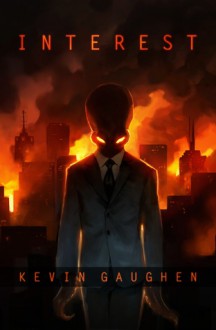You've put your heart and soul into a book. You've followed the submission guidelines. What happens now?
In South Africa, it gets added to a slush pile. This is because we don't have an agent model - in other countries you send it to an agent and it gets added to their slush pile - a completely different process ensues, but eventually the same applies from step 1 onwards.
In South Africa, if you're lucky, you send it to a small enough publishing house that still reads all its manuscripts. Your manuscript then goes through the following process:
It gets rejected.
OR You get some notes from the publisher, which include some suggestions, ideas and questions that you can follow, or not, and resubmit. If you resubmit and the publisher likes it enough, you can go to the next step, if not, do not pass GO.
OR The publisher wants to publish it right away. This then follows the following process:
1. You sign a letter of intent giving the publisher the sole option to publish the book.
2. The book gets sent to a professional editor who does two things:
- A developmental edit: this includes suggestions for anything from major changes to minor tweaks. This process can take weeks or months depending on the level of changes that have to be made. It includes an ongoing dialogue between you and the editor to make your story as good as possible.
- A copy edit: when the editor is happy with the manuscript, they do, basically, a very thorough proofread where they change whatever they think will make the reading of the story even better.
3. The publisher converts the manuscript into the correct format - for print: they get typesetters to typeset it in inDesign, for ebooks, they put it in whichever formats they want to publish it in (Kindle, Kobo, Nook, iBooks Author etc).
4. Proofreading: the book gets proofread by a professional proofreader and checked by the author.
5. The publisher collates these changes.
6. The changes get applied to the electronic manuscript by a typesetter.
The last three steps can be repeated until the publisher is happy with the final manuscript. How many times this is done depends on the length, the complexity and state of the book at this stage.
7. The publisher signs off the book.
8. It gets published.
This process excludes: cover design, any other design elements inside the book and the marketing drive.
Good luck with the writing!
Louise


 Log in with Facebook
Log in with Facebook 







